Why oil- and gas-rich countries need to change
Economies that rely too heavily on fossil fuels
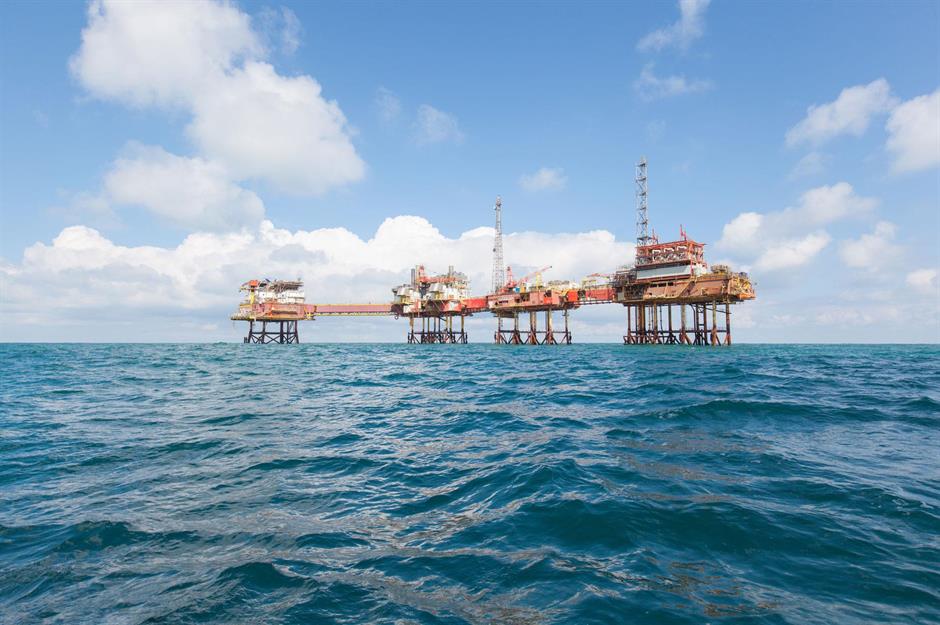
Brunei
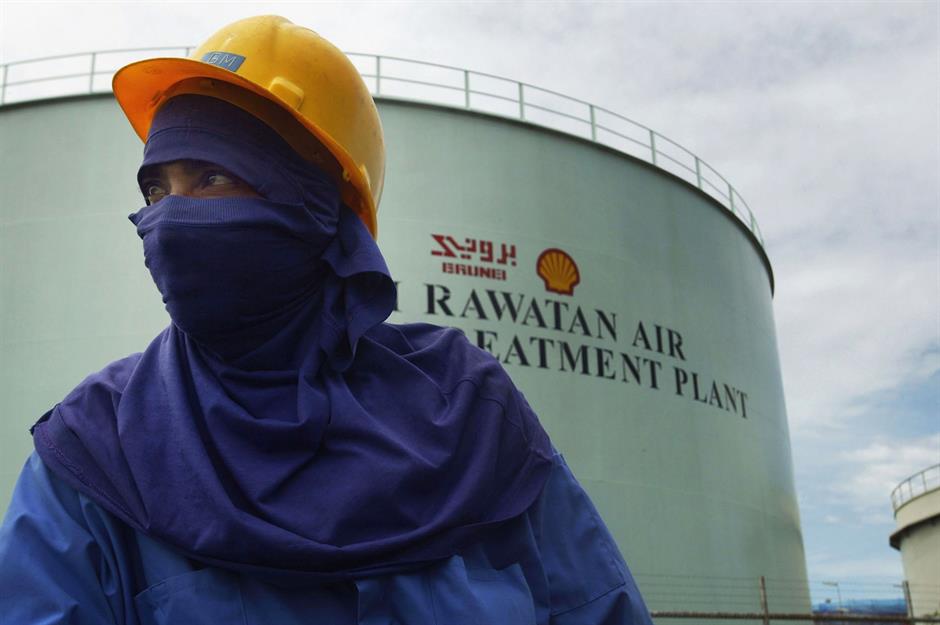
Brunei

In the coming decades the ruling royal family, which is headed by Sultan Hassanal Bolkiah, will find it increasingly challenging to keep the people in the style to which they have become accustomed. As unemployment rises and household incomes fall, the Sultan has responded by introducing a repressive penal code to stamp out rising dissent.
Sponsored Content
Brunei
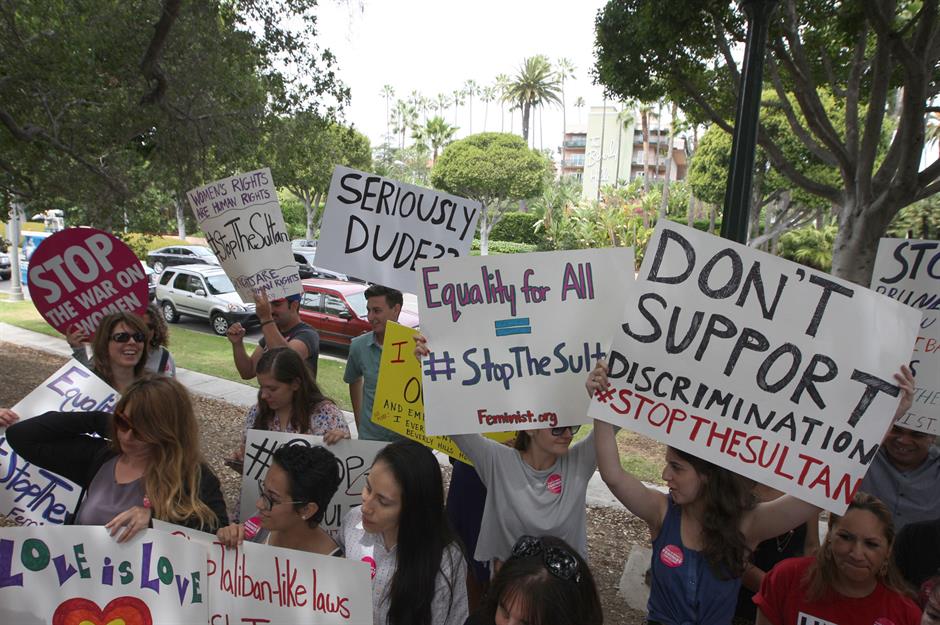
UAE
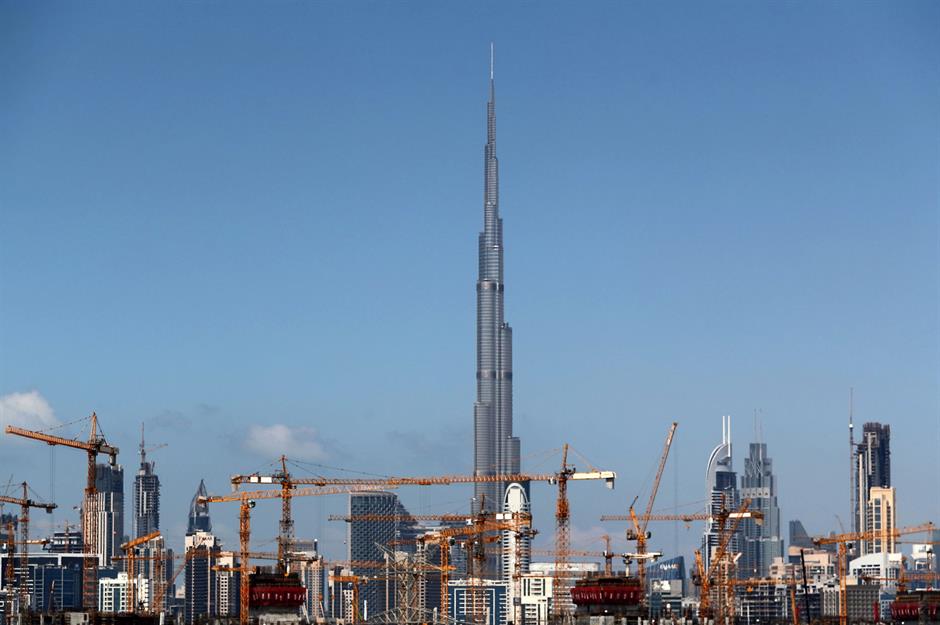
The United Arab Emirates (UAE) has the most diversified economy among the Gulf States. Dubai in particular has managed to successfully transition from oil and gas production into construction, real estate, tourism and financial services. However, over 20% of UAE's GDP remains reliant on oil to fuel economic growth.
UAE

Sponsored Content
UAE

Nigeria
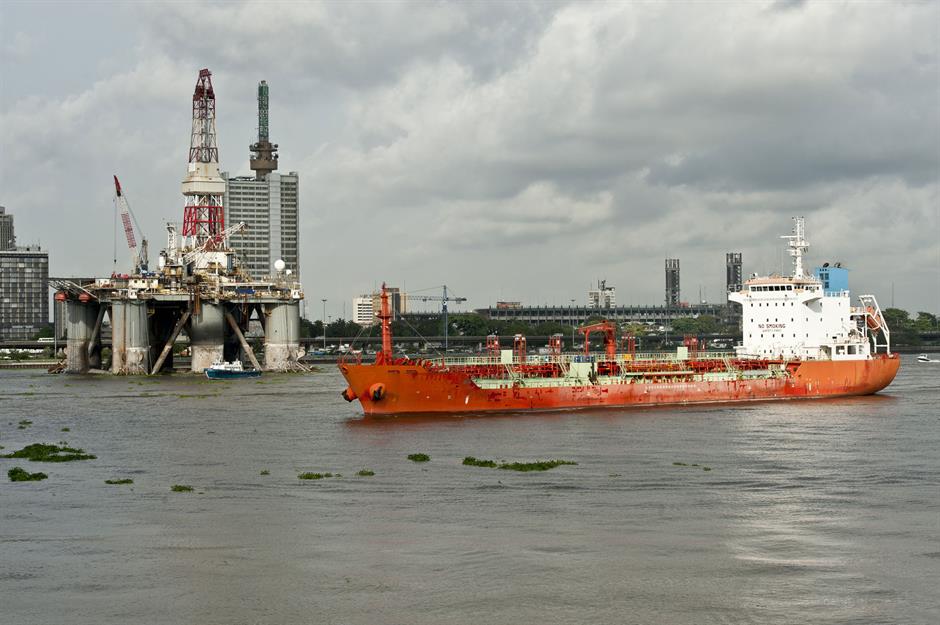
Nigeria
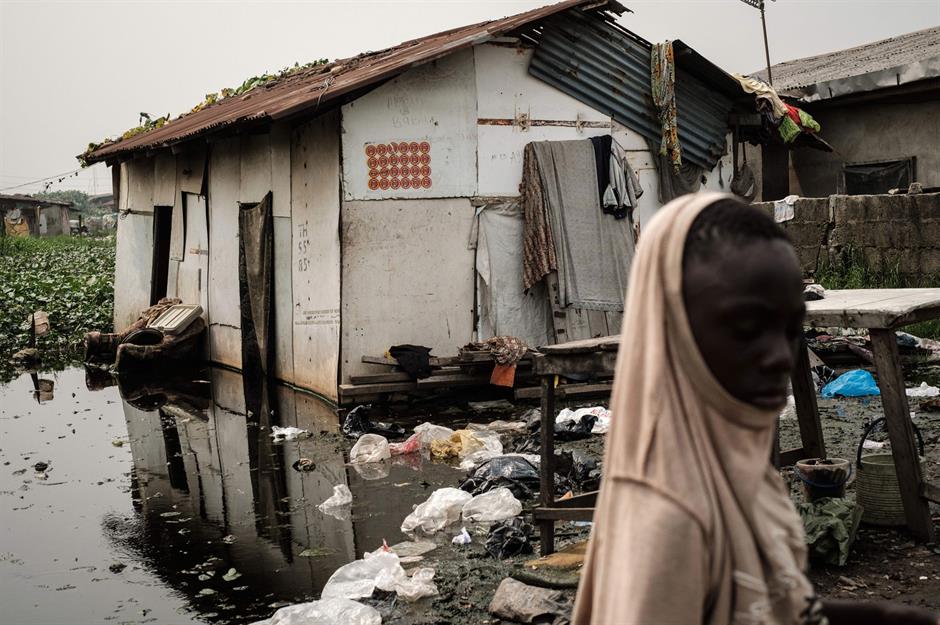
Sponsored Content
Nigeria
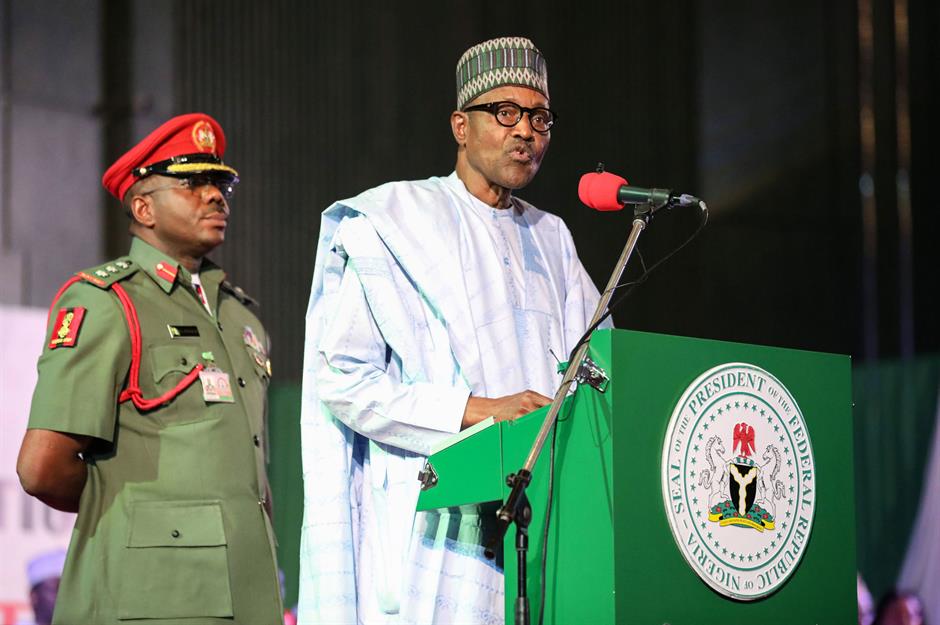
Qatar
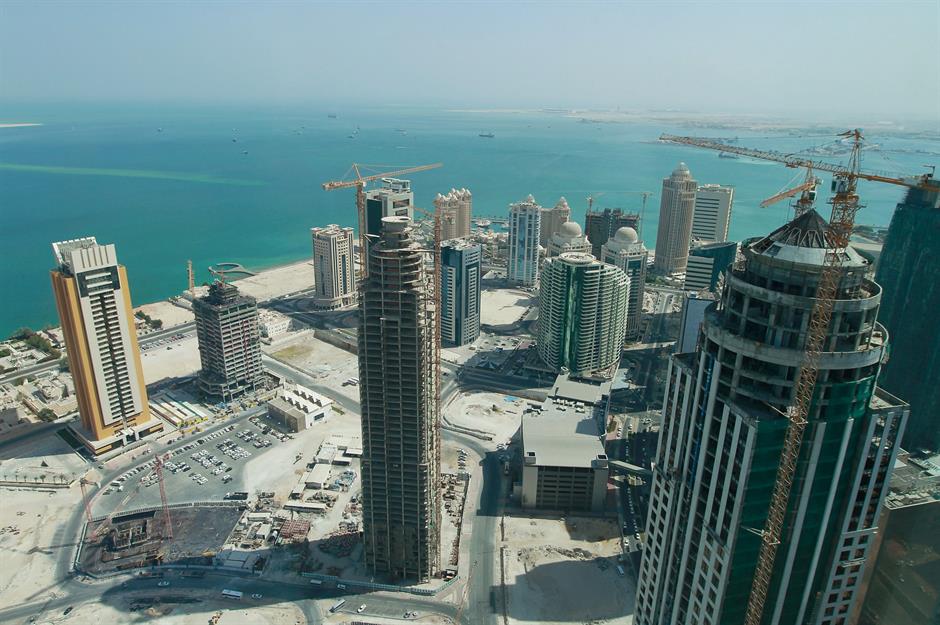
Qatar
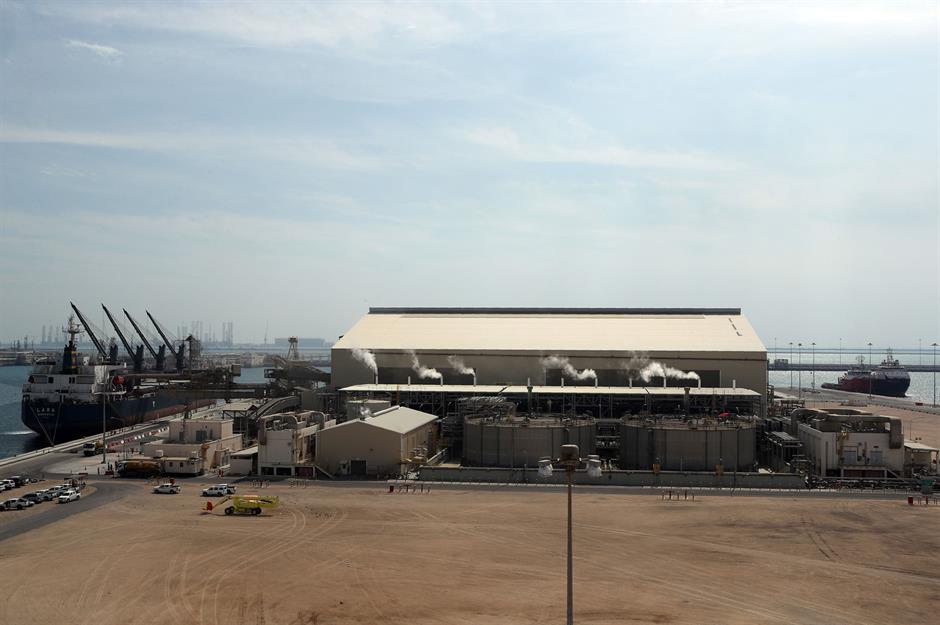
Sponsored Content
Qatar
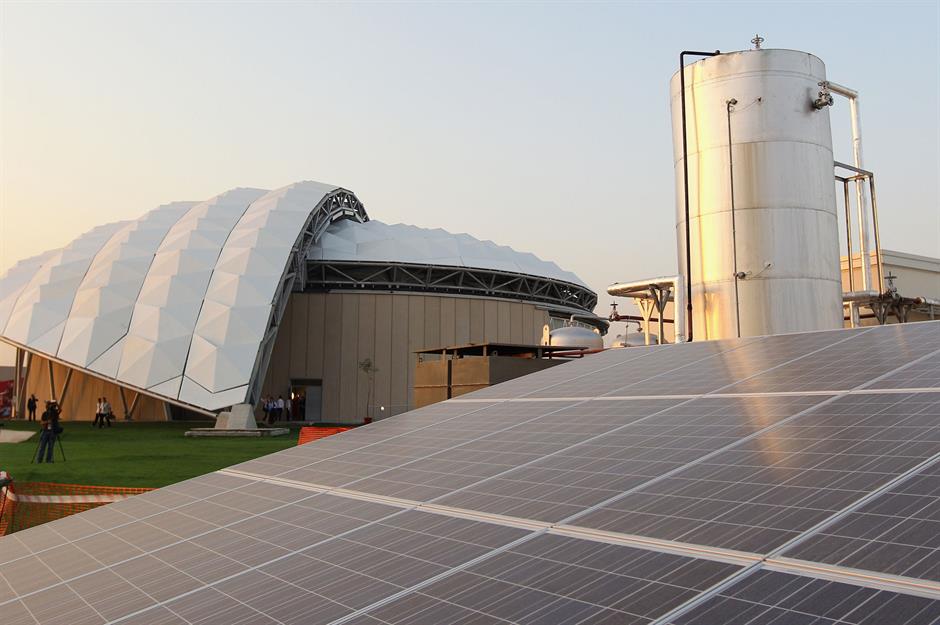
Libya
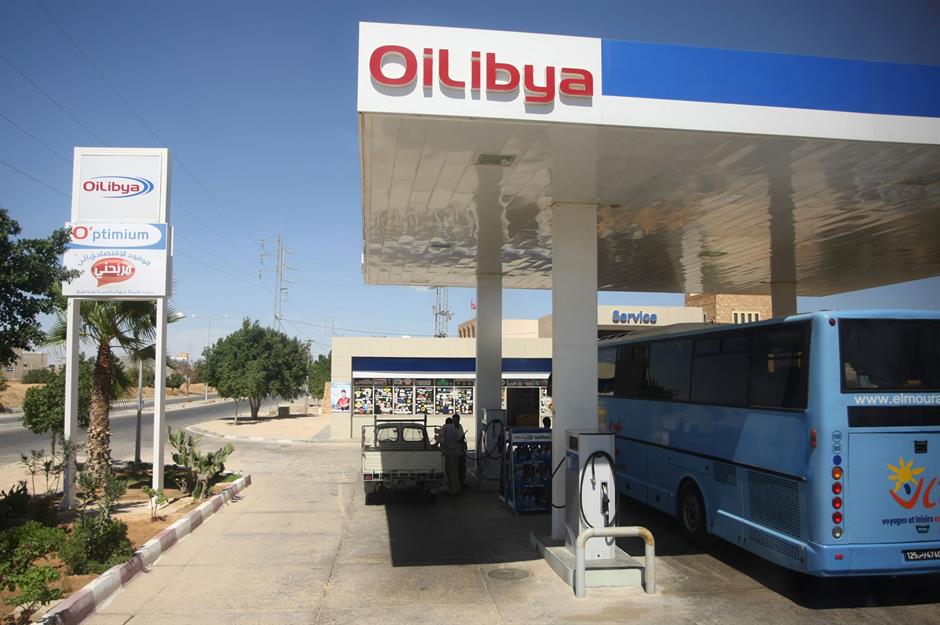
Libya
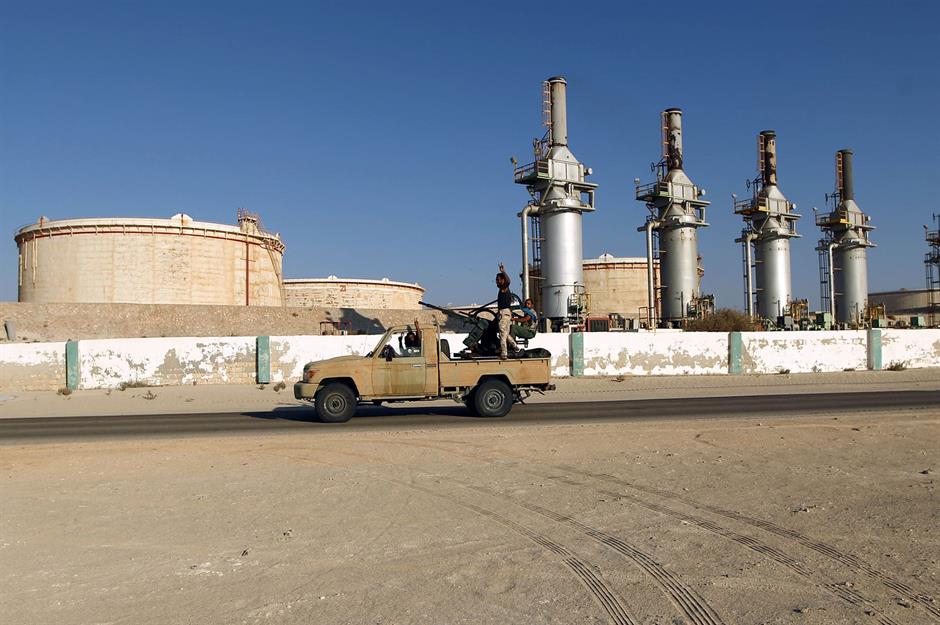
In fact, the World Bank reports that Libya relies on oil for 98% of its exports and fiscal revenues. Efforts to diversify the economy into sectors including tourism have been few and far between and are compounded by the petro-state's poor security situation, which continues to be very precarious.
Sponsored Content
Libya
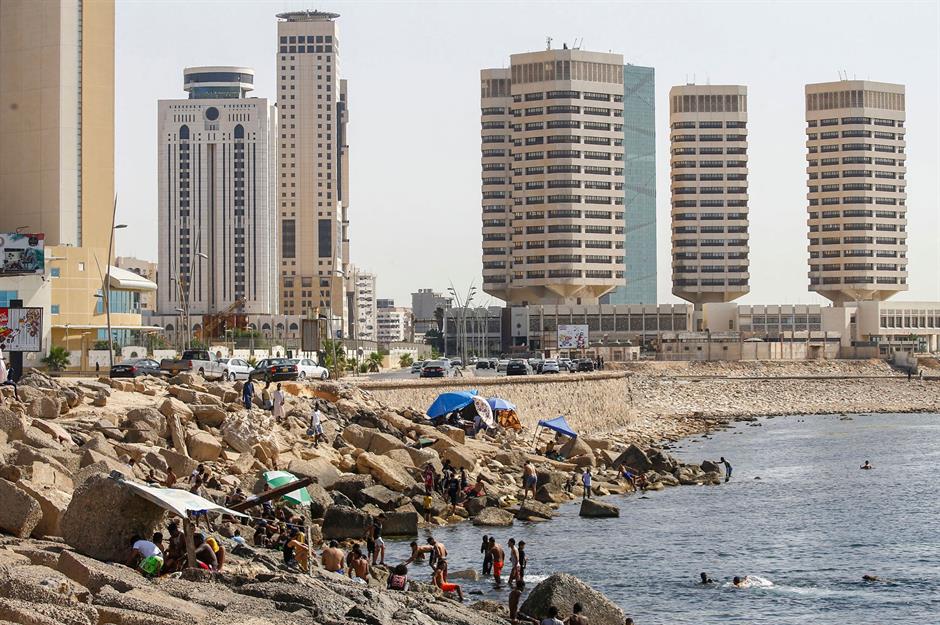
Angola
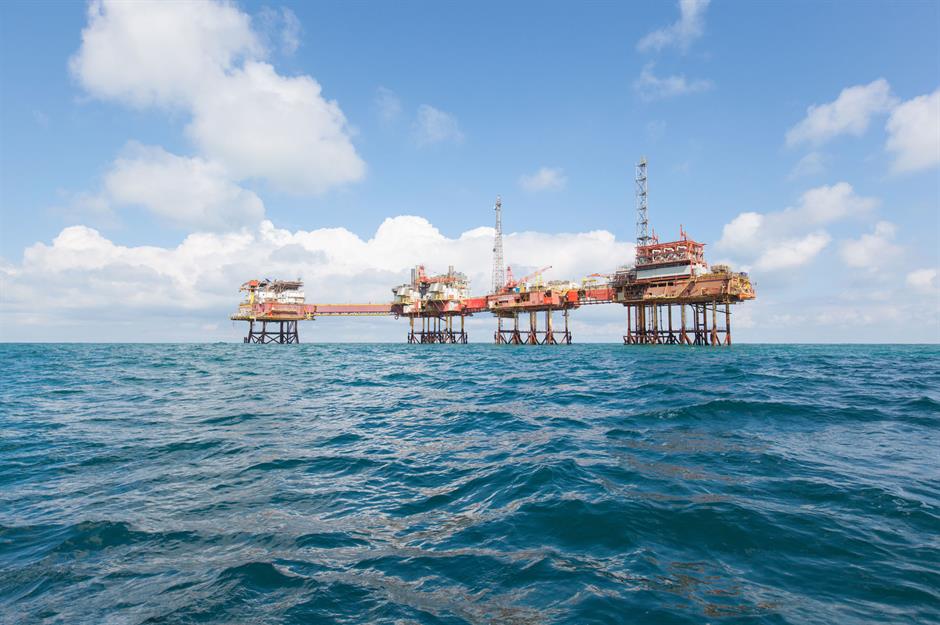
Staying in Africa, Angola is another country that has put all its eggs in one basket. The second largest oil producer in Africa, oil makes up around 89% of Angola's export earnings and contributes to around 50% of its GDP according to the OPEC's 2018 figures. Reserves are running dry however and the production of the black stuff is declining fast, battering the country's economy.
Angola
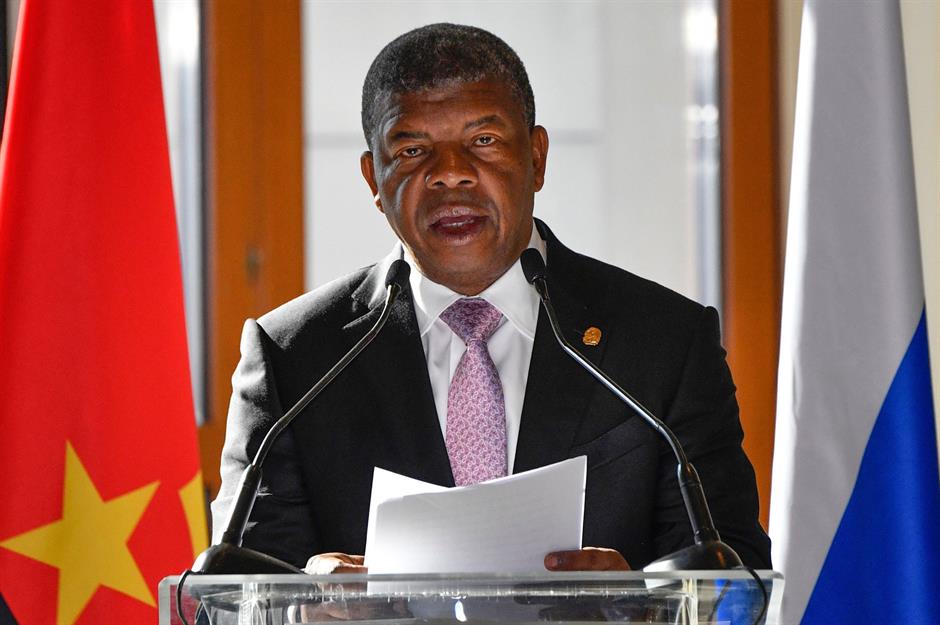
Sponsored Content
Angola
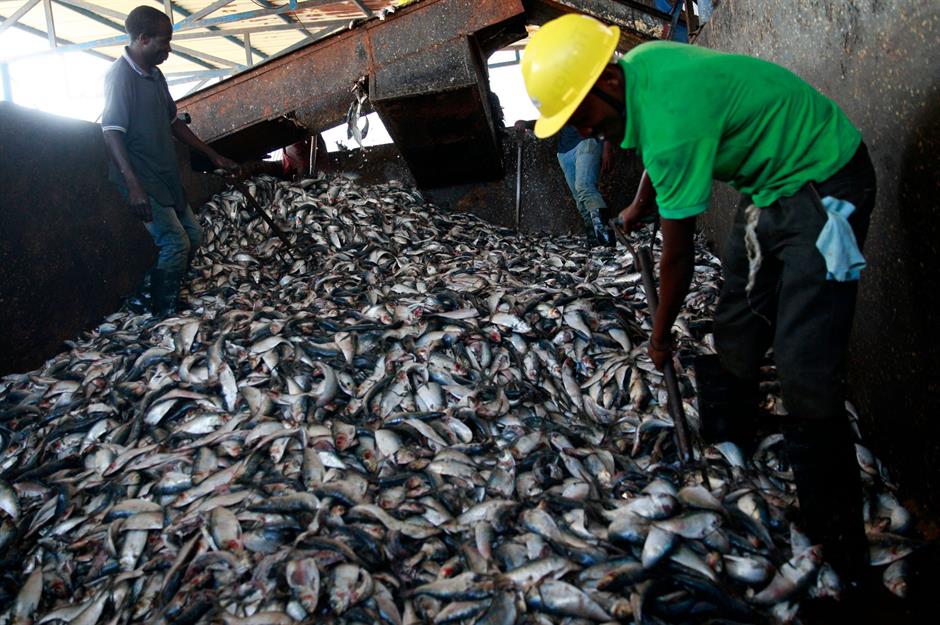
Kuwait
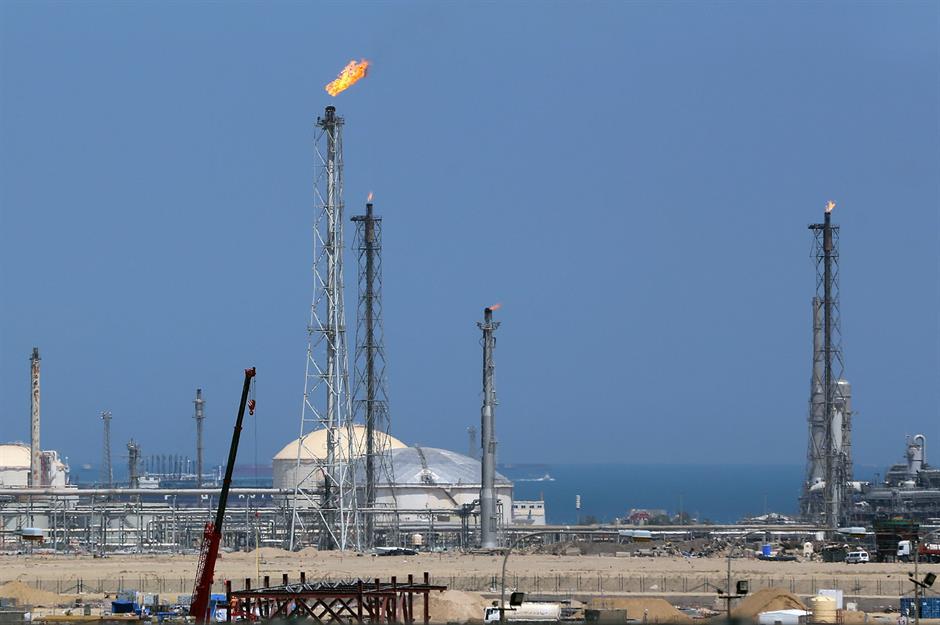
Kuwait

Sponsored Content
Kuwait
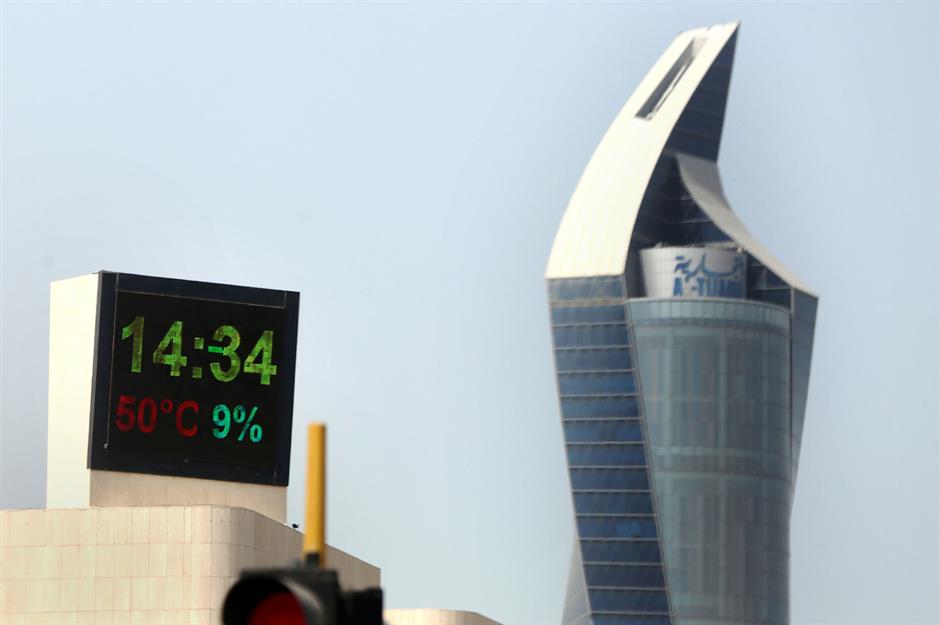
Venezuela

Venezuela
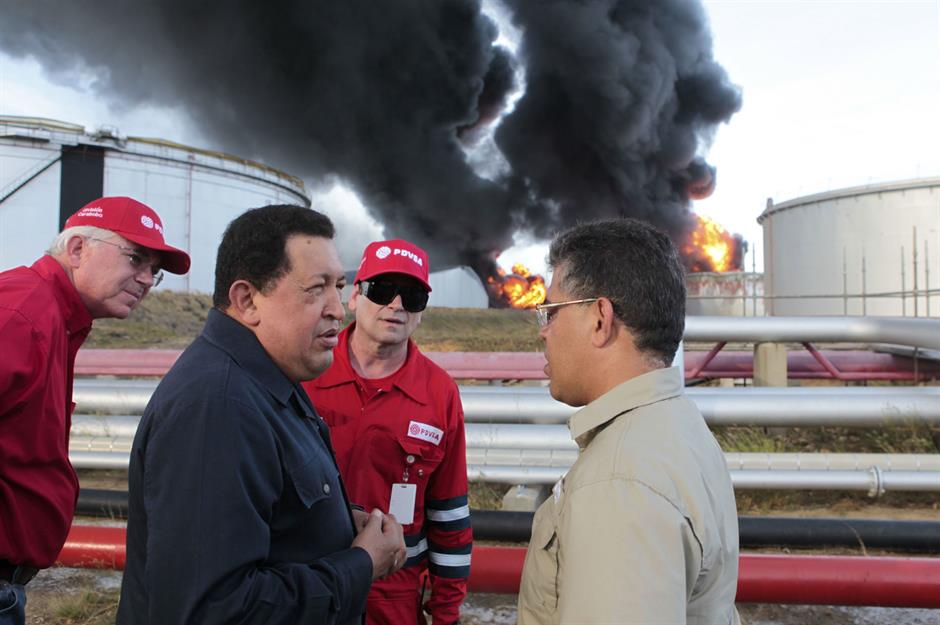
Sponsored Content
Venezuela

The current government, which is headed by President Nicolás Maduro and supported by countries including China and Russia, has only made the country's situation worse, and Venezuela's financial fortunes are unlikely to change for the better until the incumbent regime is ousted in favour of a more centrist and less corrupt administration.
Iraq
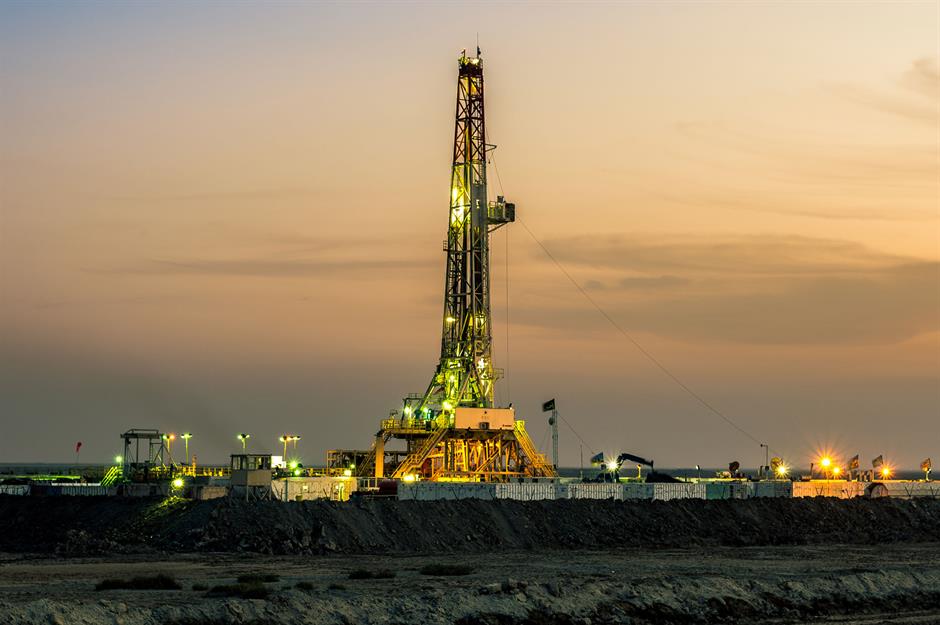
Back to the Middle East, Iraq is exceptionally oil-dependent. The commodity represents the majority of the country's exports. The powers that be launched a five-year plan back in 2013 with the aim of diversifying the economy, but the rise of Islamic State and other security crises pretty much scuppered it.
Iraq
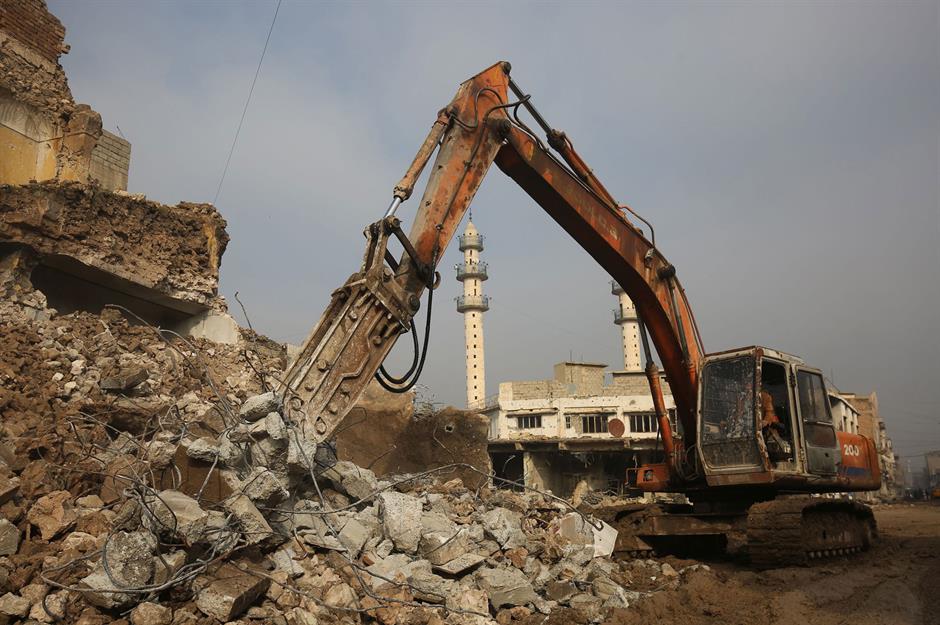
Sponsored Content
Iraq
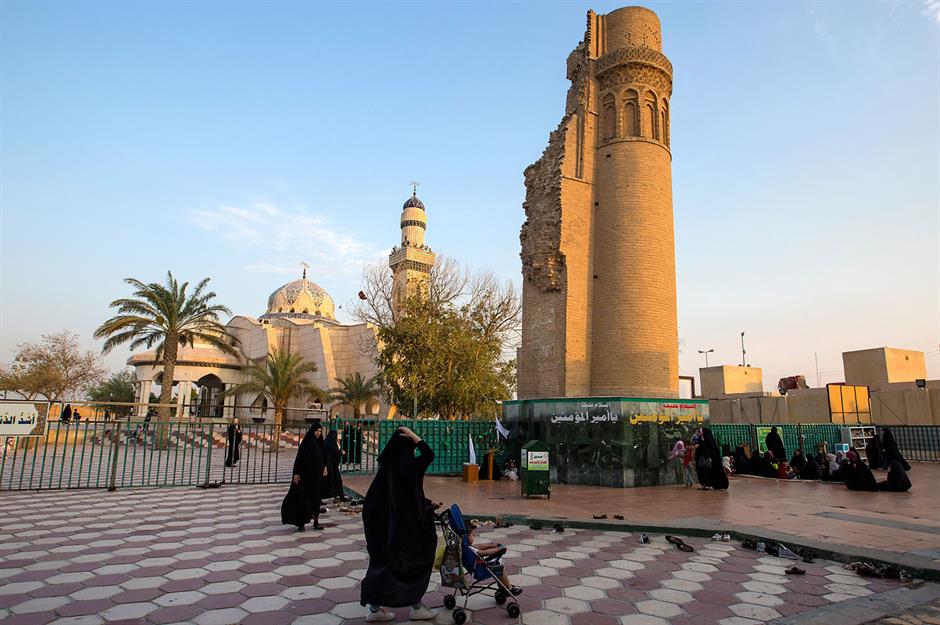
Plus, like other countries in the Gulf, Iraq is expected to be one of the first nations to feel the full effects of climate change. Cities such as Baghdad and Basra already experience excessively high temperatures during the summer months and these are only expected to rise further in the coming years, making the move away from oil an absolute must.
Saudi Arabia
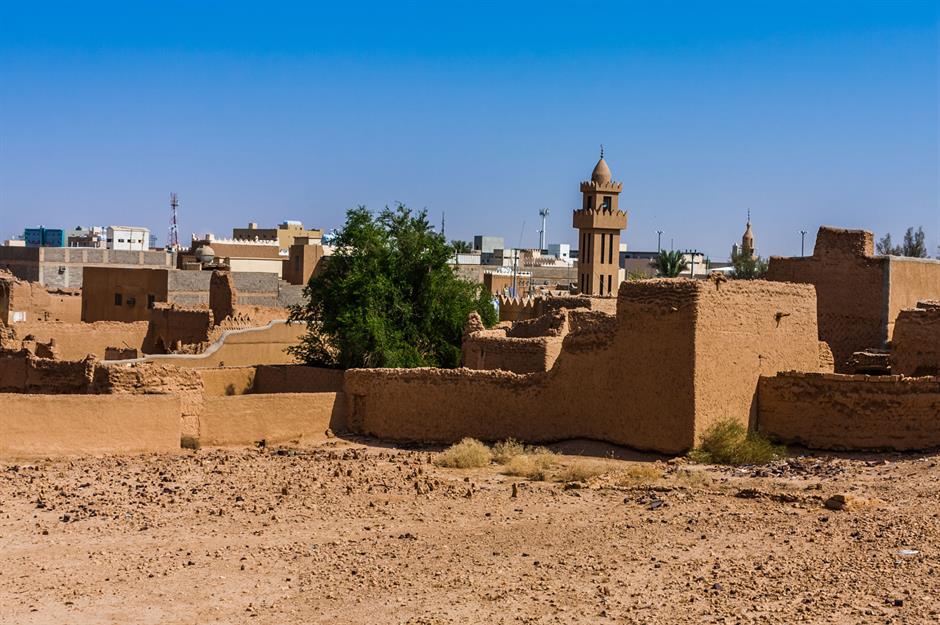
Saudi Arabia
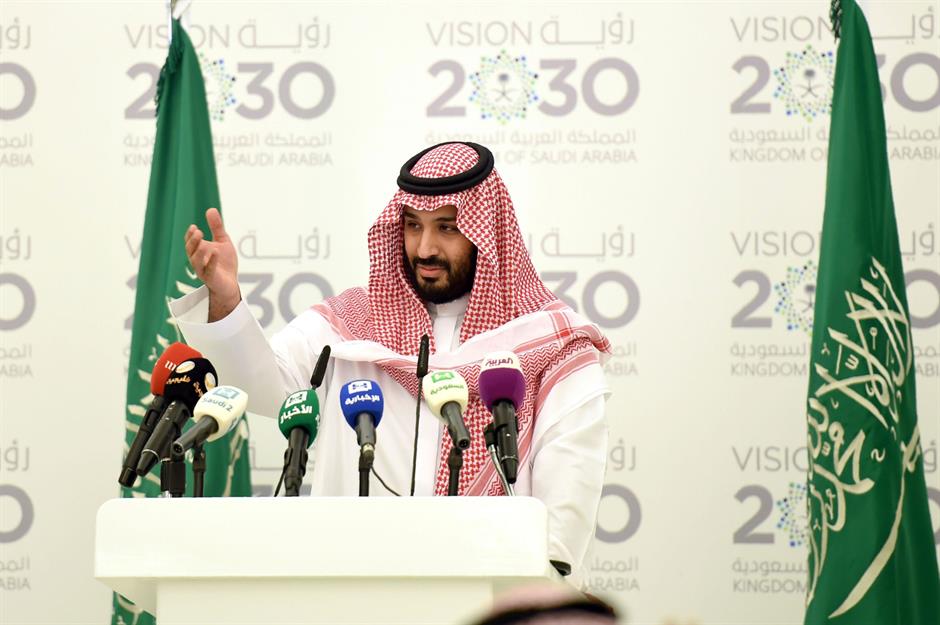
Sponsored Content
Saudi Arabia

This major effort to reduce the country's over-reliance on oil has on the one hand resulted in more liberal social policies, but increased repression on the other, culminating last October in the state-sponsored murder of dissident journalist Jamal Khashoggi. The assassination has led to a drop in direct foreign investment, which may threaten the crown prince's lofty diversification plans and stall the move away from oil, imperilling the nation's future.
These simple steps could protect you from the ravages of climate change
Comments
Be the first to comment
Do you want to comment on this article? You need to be signed in for this feature